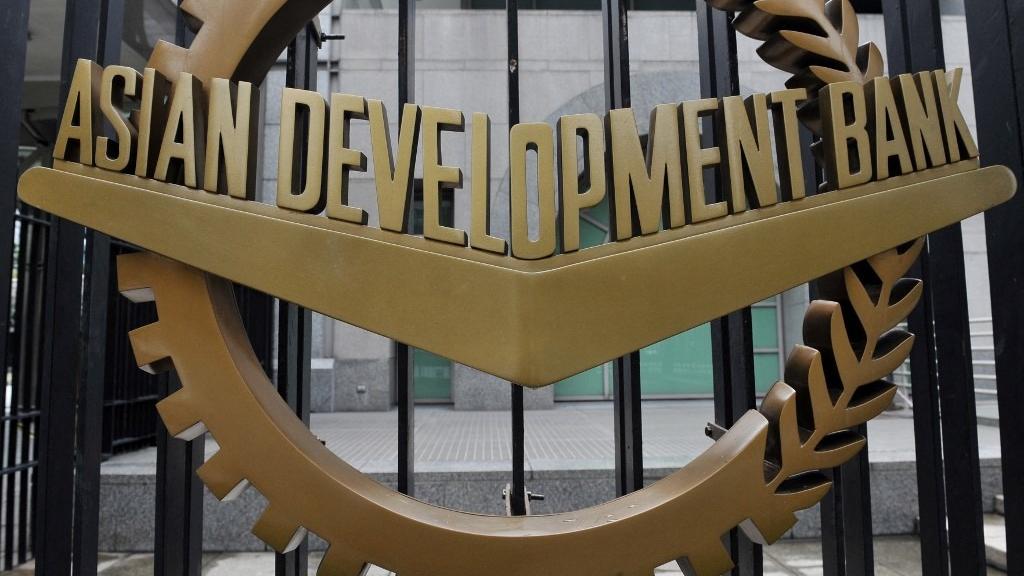 This photo taken on Sept 2, 2010 shows the logo of the Asian Development Bank (ADB) displayed outside its headquarters in Manila . (PHOTO / AFP)
This photo taken on Sept 2, 2010 shows the logo of the Asian Development Bank (ADB) displayed outside its headquarters in Manila . (PHOTO / AFP)
MANILA - The global trade finance gap grew to a record $2.5 trillion last year from $1.7 trillion in 2021, as continued constraints reduced the capacity of banks to deliver trade financing, according to an Asian Development Bank (ADB) survey released Tuesday.
According to an ADB survey, rebounding strongly after the COVID-19 pandemic, global goods exports grew in 2021 and 2022 at 26.6 percent and 11.5 percent, respectively. Demand for trade finance surged on the back of this sharp recovery, but heightened economic risks made finance more difficult to secure than before
The trade finance gap is the difference between requests and approvals for financing to support imports and exports.
"The global trade finance funding gap has now widened to well over $2 trillion, as the global economy still struggles to rebound from the pandemic," said ADB's Director General for Private Sector Operations Suzanne Gaboury.
ALSO READ: ADB forecasts continued recovery for Pacific economies
The survey is the world's leading barometer of trade finance health. It includes data from 137 banks and 185 companies from around 50 economies.
Respondents said they faced continued constraints last year due to rising interest rates and financial market uncertainties, set against the backdrop of a global economic slowdown and geopolitical instability.
According to the survey, rebounding strongly after the COVID-19 pandemic, global goods exports grew in 2021 and 2022 at 26.6 percent and 11.5 percent, respectively. Demand for trade finance surged on the back of this sharp recovery, but heightened economic risks made finance more difficult to secure than before, the survey says.
ALSO READ: ADB: Virus, inflation push 68m more in Asia to extreme poverty
For the first time, the 2023 trade gaps survey focuses on environmental, social and governance (ESG) issues and digitalization to assess their impact on relevant supply chains and the trade finance gap.
Most banks and companies that took part in the survey believe that ESG alignment could potentially help reduce the trade financing gap.
The top supply chain challenge cited by firms surveyed was insufficient financing. They identified access to adequate financing, reliable logistics, and the use of digital technology as the three most important components of resilient supply chains.


